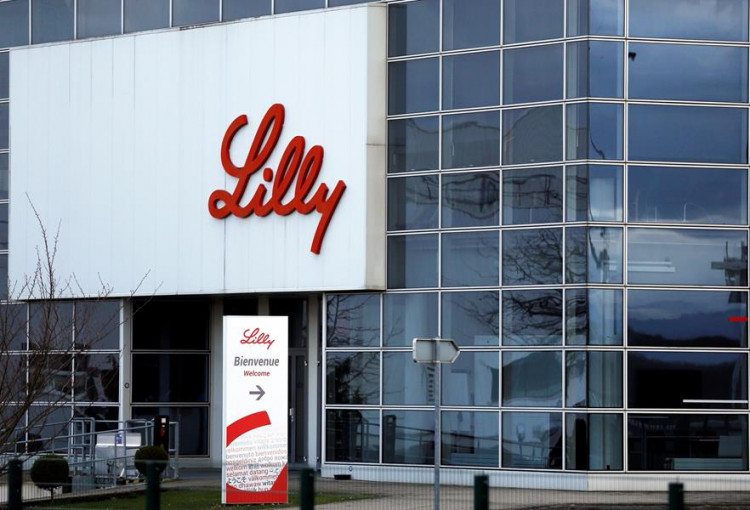Eli Lilly announced plans Wednesday to invest at least $27 billion in building four new manufacturing plants in the United States, significantly expanding its domestic production capabilities as demand surges for its weight loss and diabetes treatments. The move brings the company's total U.S. manufacturing investments to more than $50 billion in recent years and aligns with the Trump administration's push to reshore pharmaceutical production.
The company unveiled its investment plan at an event in Washington, D.C., attended by top Trump administration officials, including Commerce Secretary Howard Lutnick and National Economic Council Director Kevin Hassett. Lutnick tied the announcement directly to the administration's policies, stating, This is "exactly what the Trump administration is all about, which is building and manufacturing and reshoring in America." He thanked Eli Lilly for "doing exactly what the president was hoping would happen."
President Donald Trump has threatened to impose tariffs of approximately 25% on pharmaceutical imports as early as April 2. He has urged drug manufacturers to relocate production to the U.S., warning industry leaders in a private meeting last week that failure to comply could result in punitive trade measures. Eli Lilly's investment decision appears to be, in part, a strategic move to align with the administration's reshoring agenda.
David Ricks, Eli Lilly's CEO, acknowledged the role of government policies in the company's decision. "If the wishes of this administration come true, you could see where most industries will need to reshore a lot of investment," Ricks said. He emphasized the importance of tax policy in supporting such investments, calling for the renewal of the 2017 Tax Cuts and Jobs Act. "We're trying to do this quickly because I think there will be constraints in everything from supply chain of building materials to energy."
The four new U.S. plants will focus on expanding Eli Lilly's production capacity. Three sites will manufacture active pharmaceutical ingredients (APIs), including tirzepatide, the active component in its blockbuster obesity drug Zepbound and diabetes treatment Mounjaro. The fourth facility will enhance the company's injectable drug production capabilities.
Eli Lilly has not yet determined the locations for the new plants but is accepting submissions from states through March 13, with final decisions expected in the coming months. The company estimates that the investment will generate 3,000 permanent jobs in manufacturing, engineering, and scientific roles, in addition to 10,000 construction jobs.
The announcement comes as the pharmaceutical industry grapples with supply chain vulnerabilities exposed by the COVID-19 pandemic. Much of the global drug supply, particularly for generics, relies on manufacturing in China and India. While Eli Lilly does not produce generics, Ricks highlighted concerns about offshored production. "It's dangerous for our country to have offshored production for whole types of technology like small-molecule synthesis, which is really not happening in our country at all anymore," he said.
The expansion is driven in part by soaring demand for GLP-1 class weight-loss medications. Eli Lilly and its primary competitor, Novo Nordisk, have struggled to meet demand for Zepbound, Mounjaro, Wegovy, and Ozempic, all of which have been in short supply over the past two years. The global obesity drug market is projected to exceed $150 billion annually by the early 2030s.
To maintain its competitive edge, Eli Lilly is developing new treatments in the GLP-1 drug class. The company is advancing a pill version of tirzepatide called orforglipron, with results from a late-stage clinical trial expected in the next three months. Another experimental drug, retatrutide, has shown promise as a next-generation weight-loss treatment. "Right now, for good or bad, we're running our plants globally 24/7, 365," Ricks said. "There's not a single hour of any day that every machine isn't working at Lilly right now, and that's not a sustainable thing for our teams."
During the event, Ricks took aim at compounded versions of tirzepatide, which some pharmacies have produced as a lower-cost alternative to Zepbound and Mounjaro. "America faces a growing threat from an influx of counterfeit and compounded medications," he said. The FDA recently declared the tirzepatide shortage over, effectively barring many compounders from selling unauthorized versions of the drug.




